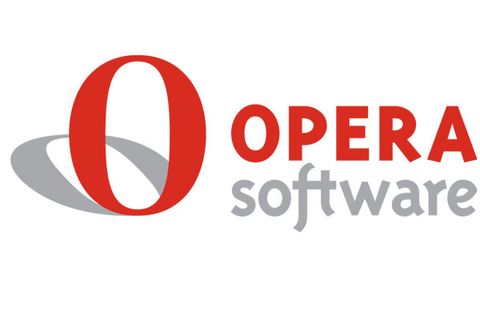The rest of Opera 10's new features are concealed under the bonnet. Inevitably, the developers are touting speed improvements, and the SunSpider JavaScript test bears that out: Opera 9 took 3.2 seconds to complete the benchmark on our test system, while the new beta finished in 2.6 seconds.
That sees Opera pulling ahead of Internet Explorer 8 (4.1 seconds), but it still lags behind Firefox 3.5b4 and Safari 4 beta, which took just 1.0 seconds and 0.8 seconds respectively. The crown in our tests went to the latest release of Chrome, version 2.0.172.30, which completed the benchmark suite in just 0.6 seconds.
Of course, JavaScript performance is only part of the story: it's impossible to realistically measure responsiveness, but Opera 10 keeps the snappy feel of the previous version, with ultra-fast redraws when you scroll or resize a window. And, as before, a progress meter in the address bar shows how many elements of a page remain to load - a more detailed view than you'll find in other browsers.
A different sort of speed enhancement is offered by the new Opera Turbo mode, a system that serves up compressed versions of web pages, with slightly reduced graphic detail, to reduce load times. Although Opera doesn't set out the full technical details, this is a server-side technology, so be aware that any pages you access in Turbo mode are passing through a compression proxy.
At any rate, we're not sure how useful this feature is: few of us are still on dial-up connections, where shaving a few hundred kilobytes off a download page might make a real difference. Ditto the one-click button to show or hide images on the page. These considerations might be welcome in the smartphone browser Opera Mini, but it's hard to get excited about them on the desktop.
Darien began his IT career in the 1990s as a systems engineer, later becoming an IT project manager. His formative experiences included upgrading a major multinational from token-ring networking to Ethernet, and migrating a travelling sales force from Windows 3.1 to Windows 95.
He subsequently spent some years acting as a one-man IT department for a small publishing company, before moving into journalism himself. He is now a regular contributor to IT Pro, specialising in networking and security, and serves as associate editor of PC Pro magazine with particular responsibility for business reviews and features.
You can email Darien at darien@pcpro.co.uk, or follow him on Twitter at @dariengs.


